Introduction to the course
Scope and aims of the course
Scope and aims of the course
Wooclap
Evaluation
Practicalities
Before we start…
What is happening ?
The economic causes and consequences of human activity on earth’s ecosystems
What are interactions between human activity and the earth system ?
Since when is there a problem ? Who were the first to identify the problem ?
What are the science and the measures of it ?
Are we sure of all that ? Are there some uncertainties ? Why are there still deniers ?
What are the main issues ? Population ? Technology ? Inequalities ? Greed and the richest ?
Is capitalism the root of all evil ? Individualism ? Materialism ?
Can we identify the footprint point of contact ?
What are the social consequences of climate change ? Do we know what is going to happen ?
What can we do ?
Can we define a safe operating space for humanity on earth ?
How can we achieve sustainability ? Is it a simple technical question ? Is a holistic revolution needed ?
Should efficiency (or sobriété or sufficiency), self-sufficiency (autonomy) and de-growth be promoted ?
Are there alternatives to degrowth ? Is “green growth” a real concept ?
Is there a plan out of this mess ?
What are we doing ?
What is the Green Deal ? Is it going to collapse ?
Are current policies changing anything ?
Is there something like clean energy ? Is nuclear an option ?
What are COP and international agreements ? Are those changing anything ?
The USA is out (again) of Paris agreement, so what ?
Are people changing their minds about human responsibility ?
Aims
Acknowledge the extent of the limits to human operation on earth
Anticipate and understand the disaster to come
Understand today’s policies and their limits
Imagine what should be done to cope with the constraints
Imagine the world of tomorrow, technically, politically and socially
Wooclap
Scope and aims of the course
Wooclap
Evaluation
Practicalities
Before we start…
Buzzwords!
Who are you?
Anyone who believes that exponential growth can go on forever in a finite world is either a madman or an economist
Kenneth Boulding, US Congress address, 1973
If you want to save the planet, don’t hug a tree, hug an economist.
unknown, probably not avowed
Evaluation
Scope and aims of the course
Wooclap
Evaluation
Practicalities
Before we start…
Overview
10% participation in class
30% Multiple Choice Quizz
60% Individual or group coursework
Quizzes
- 3 tests
- 26/02 : Mini quizz 1
- 26/03 : Mini quizz 2
- 23/04 : Master quiz
- Around 10 multiple choice questions, 1 or 2 open questions (write a very short essay)
- 30 minutes, during class via Moodle
- The master quizz will cover the entirety of the course
- Please let us know in advance if you can’t attend one of the quizzes to arrange for a make up evaluation
Coursework assignment : individually or n in pairs
3 options:
Debate Club individually or in pairs
At the beginning of the semester, either by yourself or with a partner, select one of the proposed topics as well as the position you want to take (pro/con).
The environmental policy case study individually or in pairs
Pick an environmental policy aimed at curbing climate change and its consequences. Prepare a case study on this policy.
Book review: individual work only
Pick a book (examples to follow). Fiction or Non-fiction work about th environment and/or environmental policy.
Summarize the book (as if we would not have to read the book. Give your detailed and justified opinion/position. Contextualize the works. If it is a “classic” of environmental issues (such as Jared Diamond’s Collapse), then explore the subsequent book’s discussions and legacies. In English or French, due by the end of semester, around 20k [more or less 15%] characters.
Debates
Each side will research and prepare their debate presentation. The two sides will discuss prior to the in-class debate in order to better prepare their arguments. Each will then present their side and may counter argue. They may as well hold a discussion with the rest of the class. At the end of the semester, both sides will work as group to present to the teaching team a restitution of the debate and their main takeways. This part will constitute the majority of the coursework grade.
Three topics :
- Economic growth is fundamentally incompatible with environmental sustainability
- February 19th
- Technosolutionism and geoengineering : a path worth pursuing ?
- March 19th
- A debate on food sobriety and vegetarianism : Should we tax meat consumption and/or production ?
- April 19th
Policy case study
due end of April, presentations through zoom in late April, early May depending on scheduling and exams load
It should be a targeted policy, not just an overall plan (that is no SNBC or EU Green Deal, rather a single policy within this plan). Any country or region can work, localized problems and solutions are most welcome (ie specific pollutants, extreme heat management etc…)
Prepare a case study report in a detailed presentation format and present it to the teaching team in a 30 minutes presentation followed by questions at the end of the semester.
The case study should include:
- contextualization
- decision process (how was it put in place, any challenges to convince opposing parties?)
- implementation and/or adoption and public reception
- results (preliminary ones are ok too for more recent measures)
- bibliogriphical elements
Book reviews
Classics
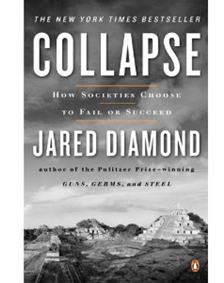
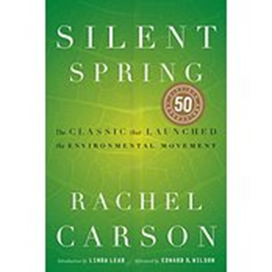
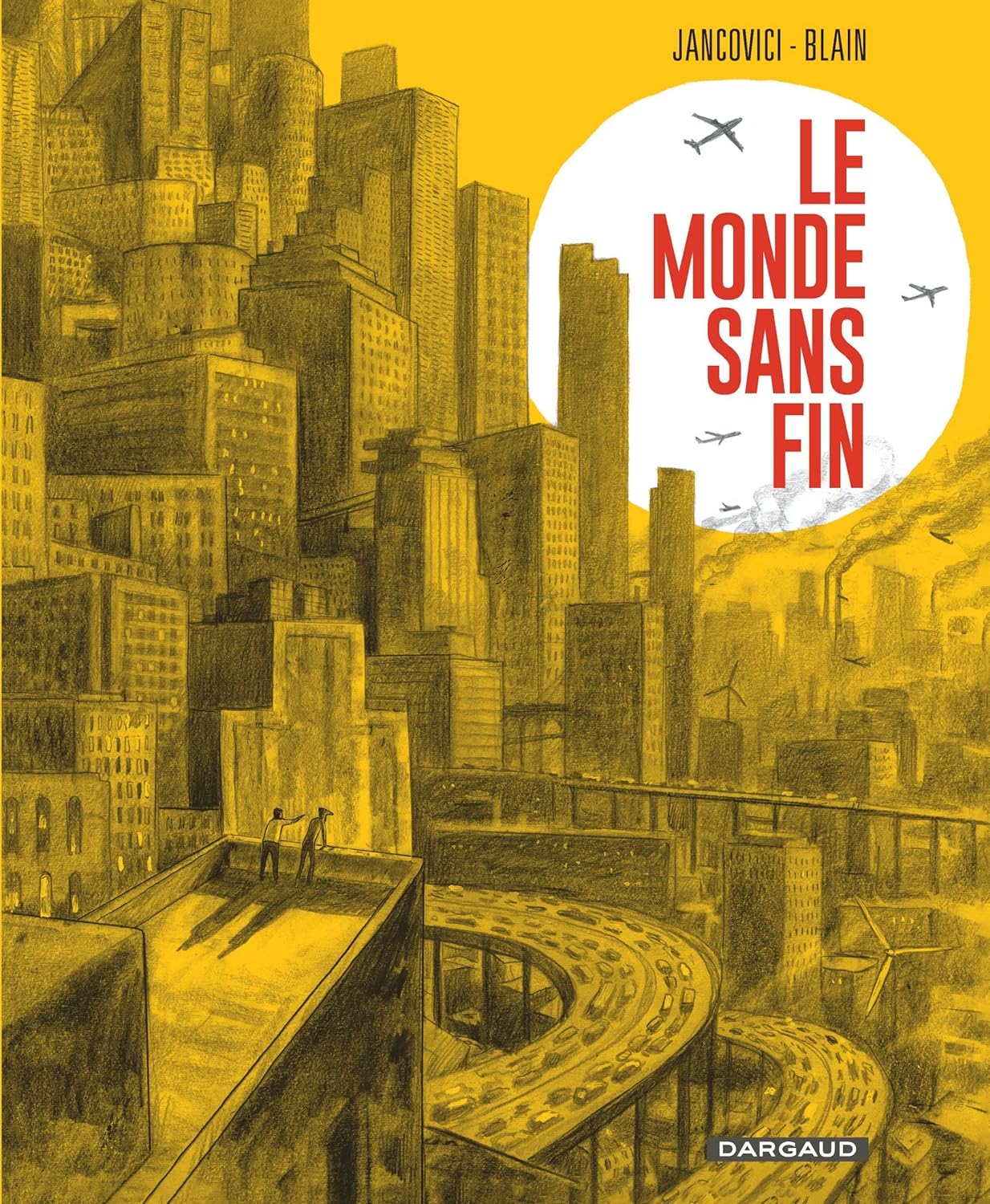
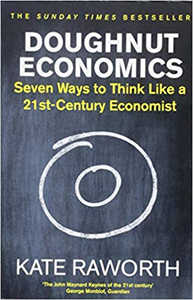

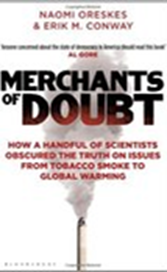
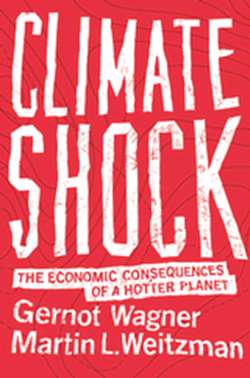
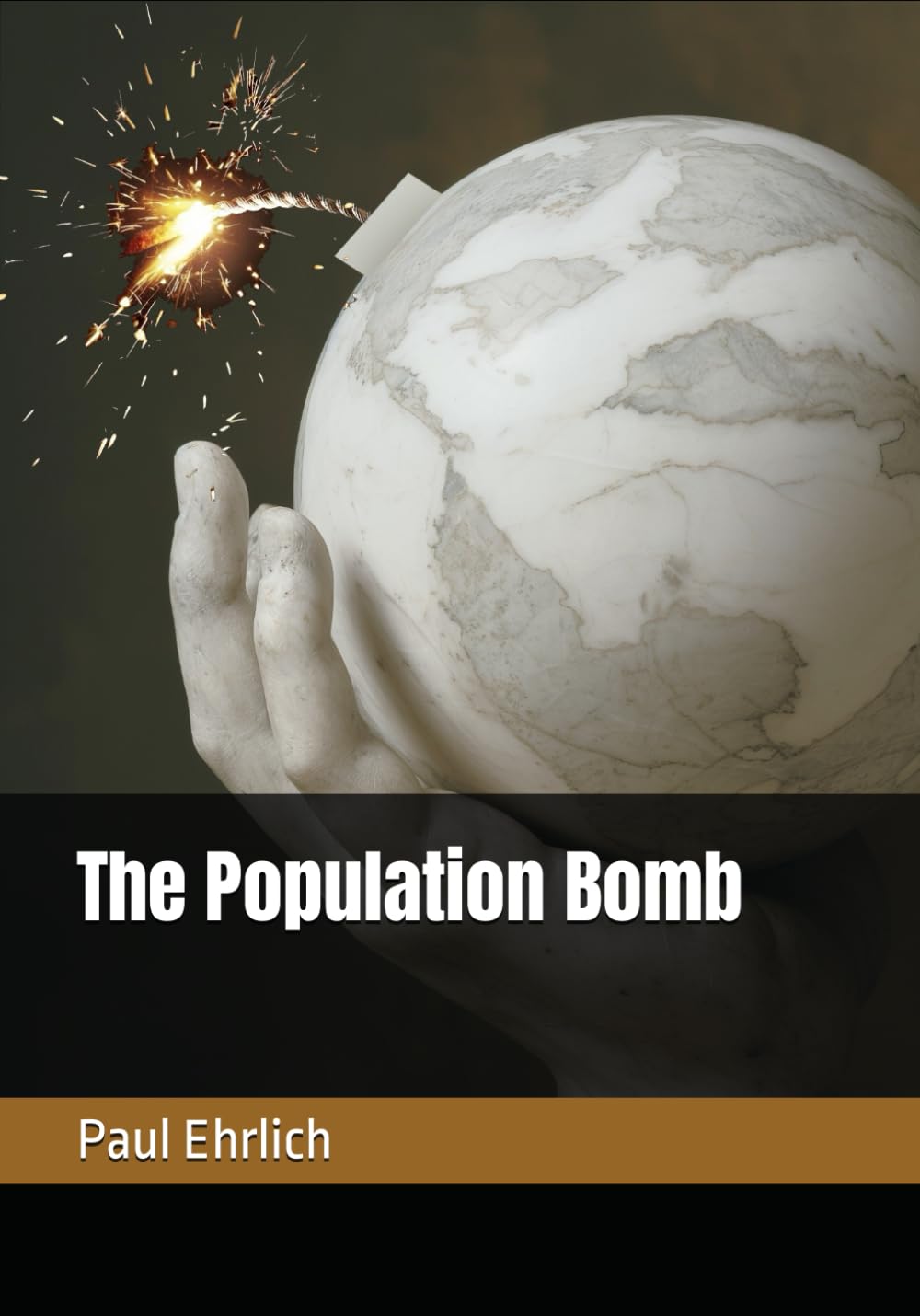
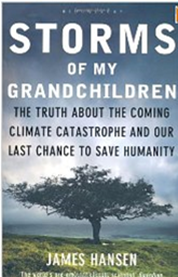
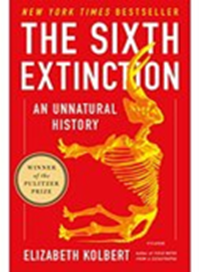
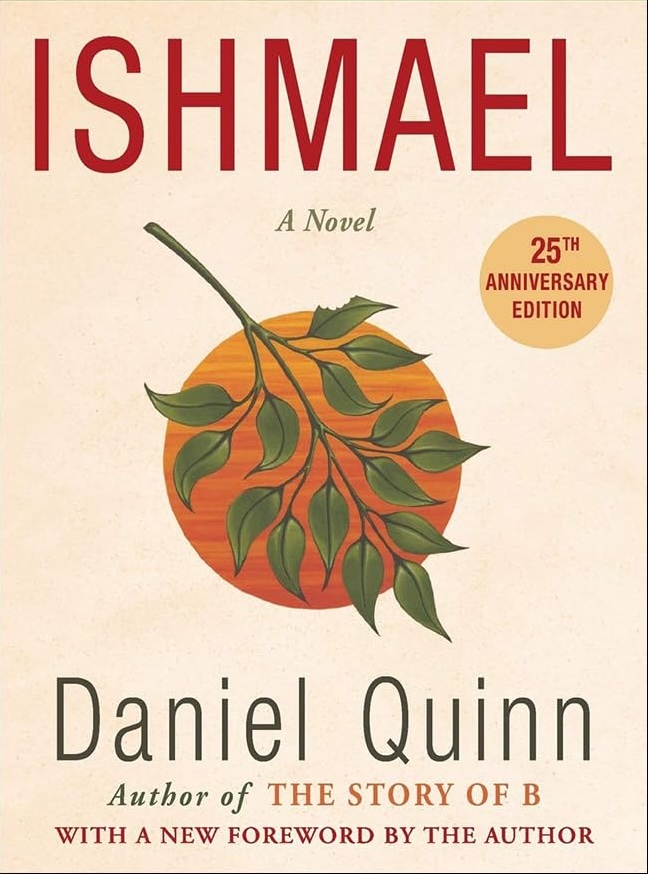
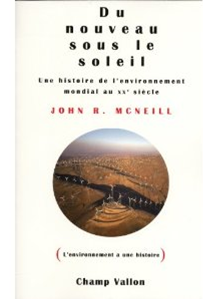

Critics and polemiques


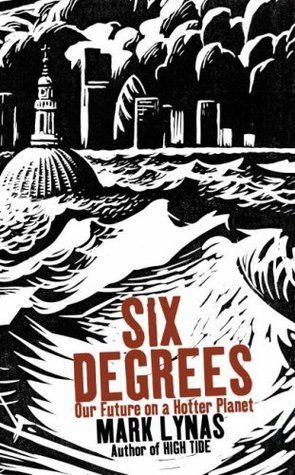
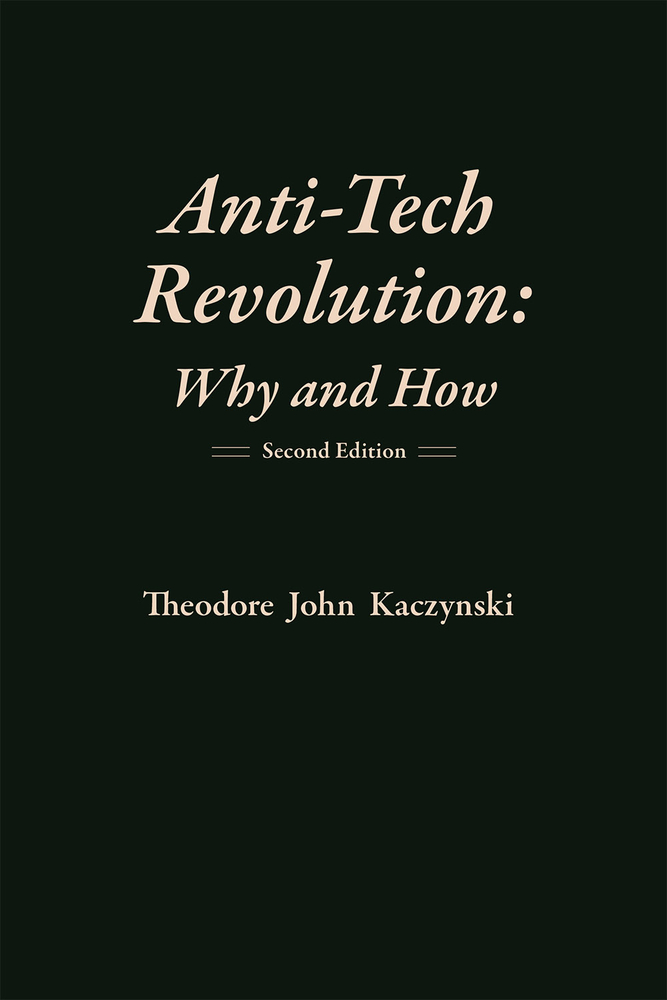
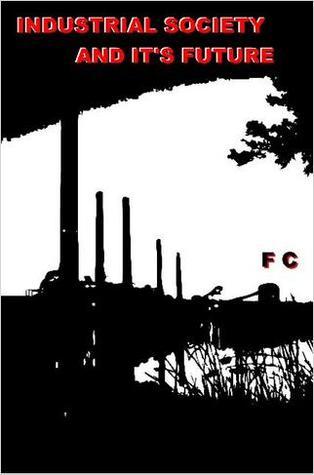

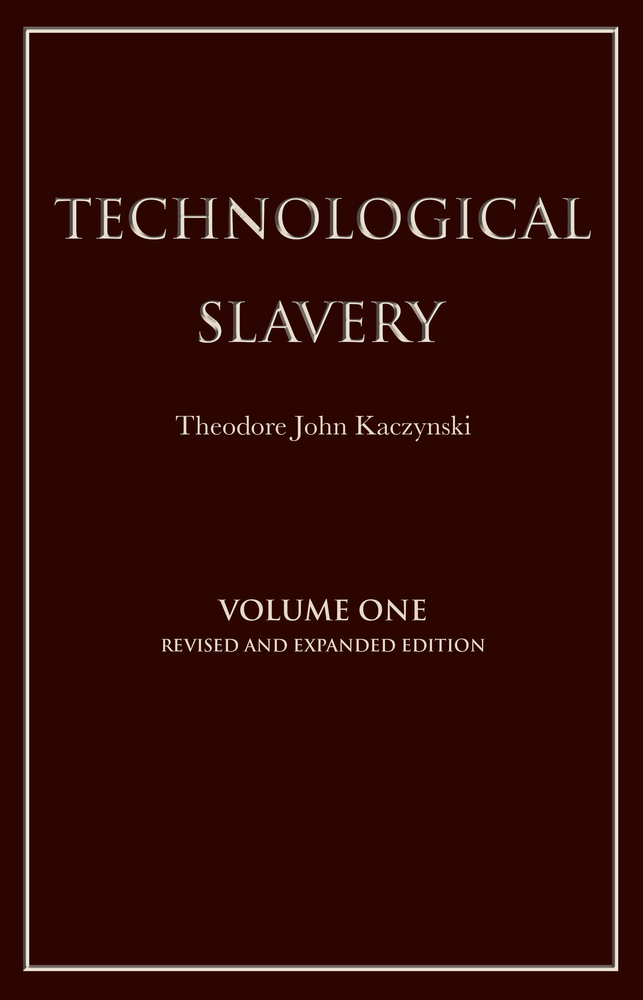

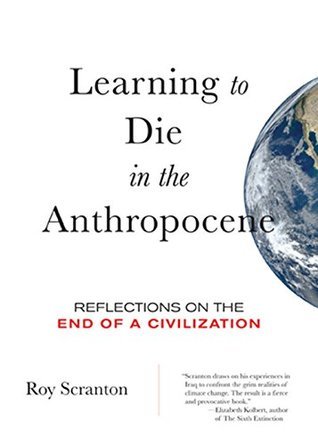
Blue prints for a plan
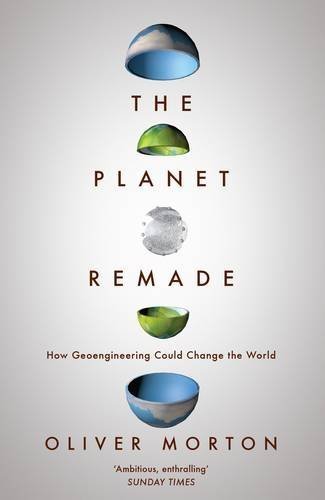

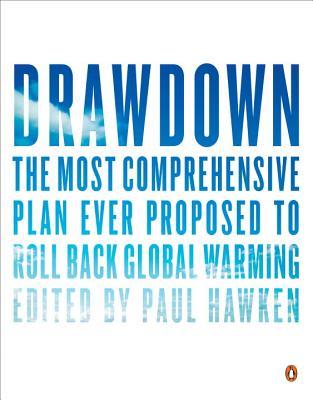
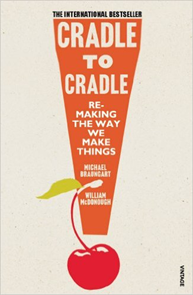
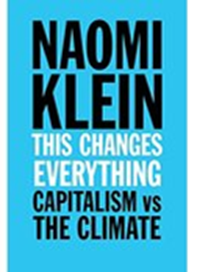

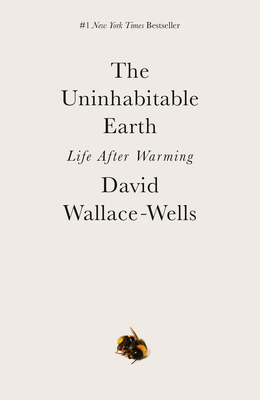
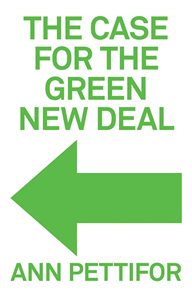
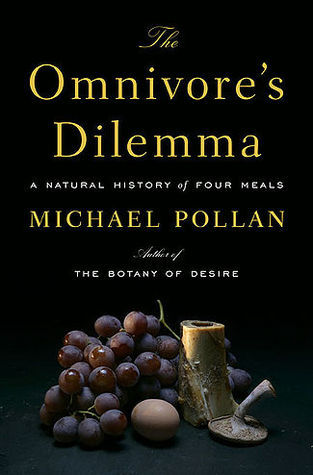
Practicalities
Scope and aims of the course
Wooclap
Evaluation
Practicalities
Before we start…
Agenda
- 29/01: session 1 Malthus & Co
- 5/02: session 1 continued; session 2 The case of Air Pollution
- 12/02: session 3 Carrying capacity and drivers of human impact
- 19/02: session 4 IPCC & Earth Summit, superficial ecology versus deep ecology / debate club #1 Economic groth and environmental sustainability
- 26/02: Quizz 1 / session 5 A crash course on Climate Change (C4 1) mechanisms and scientific analysis
- 5/03: Winter break -no class-
- 12/03: session 6 C4 2 Civilization and climate / The question of Nuclear energy
- 19/03: session 7 C4 3 IPCC scenarios and consequences& carbon budget / debate club #2 Geoengineering
- 26/03: Quizz 2 / session 8 & 9 C4 5 Who, Where and Why : emissions of GHG understood
- 2/04: session 8 & 9 C4 5 Who Where and Why: emissions of GHG understood / Climate change deniers
- 9/04: session 10 Inequality and pollution / debate club #3 Food sobriety
- 16/04: session 11 The European Green Deal
- 23/04: Master Quizz / session 12: Lessons from the Montreal Protocol or Why and How are we going to Stop Climate Change
Resources
A website gathers everything: www.eoe-aoc.fr
Before we start…
Scope and aims of the course
Wooclap
Evaluation
Practicalities
Before we start…
Ecology and you
Nuclear energy?
Degrowth?
Vegan?
Technosolutionist?
Responsibility

Introduction to the course EoE 2026: The Age of Constraints